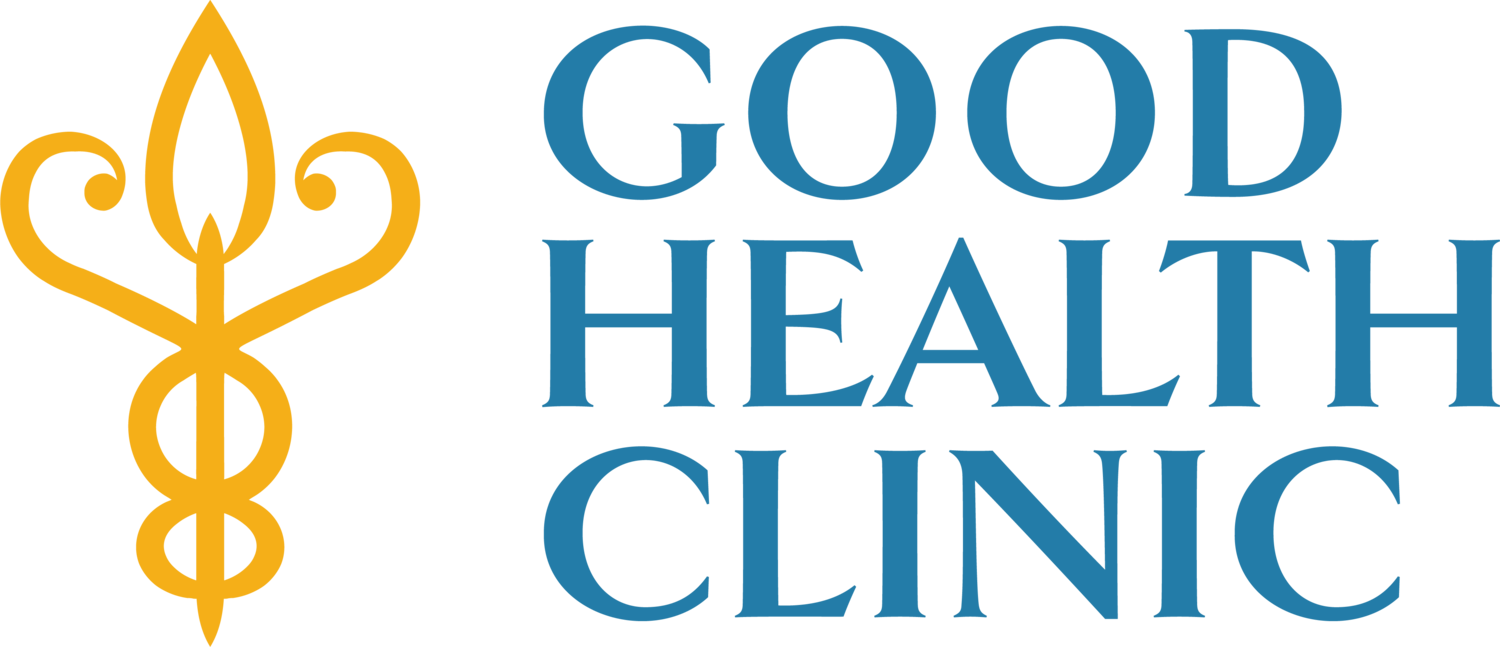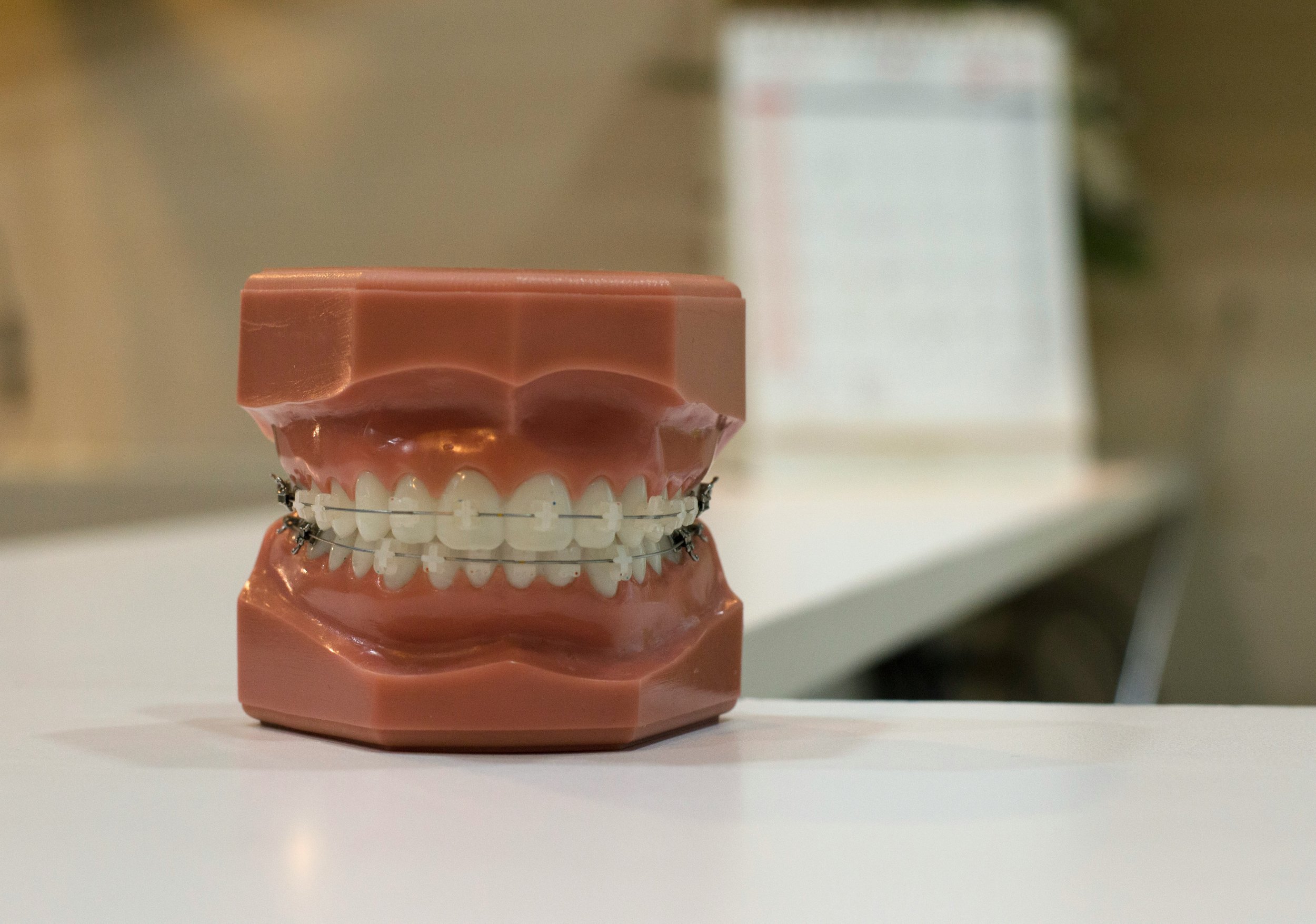THE BIG DEAL ABOUT GUM DISEASE
Many people’s gums bleed when they brush their teeth and they think nothing of it. Yet, this is a big red flag for gum disease, known as periodontitis. Gum disease, in all its forms, including its most advanced CAP form (Chronic Apical Periodontitis) is responsible for causing a host of systemic diseases in addition to localised infections in gums, jawbone and teeth. CAP can be found in root canal-treated and non-root canal-treated teeth. Gum disease is just as much a whole body disease as diabetes or systemic lupus. The medical literature is quite clear about it: ignore the warning signs at your peril.
What are the symptoms of gum disease?
Spongy red, swollen, tender gums that bleed easily (gums should not bleed when cleaning teeth etc.)
Bad breath
Pus (infection) around the gum line
Loose teeth
Gum recession
Pain when chewing/eating
New gaps/spaces between teeth
Gum disease and oxidative stress
All chronic disease states share the common denominator of increased oxidative stress inside and sometimes outside the cells. Oxidative stress occurs when the body’s toxins are greater than the body’s ability to clear them from the system. This is manifested by chronic inflammation with resulting stress on the cells of the entire body, increasing all-cause mortality.
Gum disease or periodontitis increases oxidative stress throughout the body, worsening any existing or incipient disease state. There can be over 700 combinations of viruses, protozoa and fungi involved in the bacterial burden of gum disease, helping to create the conditions that promote a wide variety of diseases. The greater the periodontal pockets (gaps between the tooth and gum), the greater the incidence of various medical conditions. The list of conditions associated with gum disease in the medical literature includes the following:
Gum disease and heart disease
Multiple studies show gum disease is a risk factor for coronary heart disease and ruptured aneurisms.
Gum disease increases the coronary risk factor from other known risk factors.
The concentration of dental pathogens (disease-causing viruses or bacteria) in blood clots from heart attack patients had been shown to be 1,600% higher than in surrounding arteries.
Gum disease pathogens infect tooth pulp prior to the need for root canals. Studies conclude that root canal-treated teeth are the direct cause for the majority of heart attacks. Therefore, informed consent should be gotten from patients before receiving a root canal. This means the dentist informing the patient of these risk factors prior to placing a root canal.
Cardiologists agree that chronic inflammation of the coronary artery lining is the prime cause for initiation of atherosclerotic plaques. The most common reason for chronic inflammation is increased oxidative stress triggered by chronic dental infections or pathogens.
Gum disease and cancer
Oxidative stress is very important in creating the environment for healthy cells to turn malignant.
Multiple studies link different cancers with gum disease.
At least two large studies found links between gum disease and pancreatic cancer.
Gum pathogens like Fusobacterium have been found in large amounts in cancerous breast tissues. This fits the theory of oral pathogens migrating from teeth and gums down through the body via the lymphatics and setting up home in breast tissues.
Fusobacterium, relating to breast cancer, has also be strongly linked to colon cancer. Infected gums are a main source for this bacterium to take hold in the gut by the simple mechanism of swallowing.
Research has found significant links between periodontitis and cancers of the head, mouth and oesophagus.
Researchers have also concluded that people with periodontitis are at significant risk from developing lung cancer.
Gum Disease and Neurological/Psychiatric Conditions
Periodontal pathogens have been linked to both onset and increased cognitive decline in the development of Alzheimer’s disease.
Poor oral health and resulting pathogens are also associated in a variety of mental disorders such as seizures and depression.
Periodontitis has been identified as one of a number of infections, as part of the overall infectious burden, that can promote Parkinson’s disease.
Gum Disease and Other Diseases
There is a strong link between gum disease, metabolic syndrome (pre diabetic state of elevated glucose, triglycerides and total cholesterol, often with low HDL and high blood pressure) and diabetes. One study showed that attending to gum disease improved blood cholesterol markers.
Chronic gum disease is associated with high blood pressure as well as increase in left ventricular mass (thickening of the heart muscle which can then lead to conditions like atrial fibrillation, strokes and embolisms).
Research shows that gum disease is associated with plaque deposits in the carotid arteries (the two major blood vessels that supply most of the blood to the brain and head). This would be a precursor to embolisms or stoke. Another study identified the presence of DNA from oral pathogens, typically those gum disease, in tissues of ruptured aneurisms in the brain. Other research links gum pathogens to transient ischaemic attack (TIA).
There is a link between gum disease and pulmonary diseases like COPD and asthma. One study demonstrated a 5-fold increase in bronchial inflammation in the presence of gum disease.
All forms of arthritis (Rheumatoid, osteo, juvenile idiopathic, osteonecrosis of the jawbone, spondyloarthritis, psoriatic and psoriasis) are very strongly linked to gum disease. Both are characterised by chronic inflammation driven by similar mechanisms that cause tissue damage in the joints and the mouth. Gum pathogens have been detected in fluid removed from the knees of arthritic patients.
Other medical conditions associated with gum disease include: prostatitis, inflammatory bowel disease, abnormal calcification in blood vessels and heart, preeclampsia, anaemia of chronic infection/inflammation, chronic kidney disease, erectile dysfunction, systemic lupus, HIV infection and sudden hearing loss.
Conclusion
I hope the above information convinces you that a little bleeding or discomfort in the gums is not something to be ignored. I have known patients ignore their dental health at their peril and die because of it. With medical studies now having established that the pathogens and toxins from chronic gum disease and root canals are nearly always the cause of most heart attacks, this is important information that can potentially reduce some of the most life-threatening diseases facing us all.
Tips to improve oral health
What steps can you take right away to improve your oral health?
Stop eating refined sugars.
If you want to take your health to the next level, stop eating gluten grains and reduce overall consumption of all grains: replace with nutritious and delicious alternatives. The Dr Berg online videos have excellent examples of making healthy grain-free bread, pizza and pancakes.
Take daily natural Vitamin C - one of the biggest indicators of being Vitamin C deficient is bleeding gums, bad breath, loose teeth. This tells you there is a connection between periodontal disease and Vitamin C.
Reduce biofilms in the mouth. Biofilm is another word for the plaque or tartar that builds up around teeth and in other parts of the body. It is essentially a protective calcium coating behind which colonies of bacteria hide. Biofilms are involved in many chronic infectious diseases. To help reduce biofilms, gargle daily with Cistus and Propolis mouthwash (from Ki Science). Cistus and propolis are intelligent biofilm breakers that won’t destroy the good bacteria that is part of your oral microbiome.
Seek the advice of a Biological dentist is evaluating and treating pockets of infection and inflammation in the mouth and jaws.
If you need help with gum disease and oral pathogens, please get in touch with the Good Health Clinic on goodhealthclinic@outlook.com to request a free 30 minute Enquiry Call or book an appointment. I also work with a network of Biological Dentists who practice the dentistry of the future. Please note that an Enquiry Call is not a consultation but an exploratory call to see if this a clinical approach you wish to pursue.
To your very good health,
Suzanne Jeffery (Nutritional Medicine Consultant)
M.A.(Oxon), BSc.(NMed), PGCE, MNNA, CNHC
The Good Health Clinic at The Business Centre, 2, Cattedown Road, Plymouth PL4 0EG
Tel no: 07836 552936/ Answer phone: 01752 774755
Disclaimer:
All advice given out by Suzanne Jeffery and the Good Health Clinic is for general guidance and informational purposes only. All advice relating to other health professionals’ advice is for general guidance and information purposes only. Readers are encouraged to confirm the information provided with other sources. Patients and consumers should review the information carefully with their professional health care provider. The information is not intended to replace medical advice offered by other practitioners and physicians. Suzanne Jeffery and the Good Health Clinic will not be liable for any direct, indirect, consequential, special, exemplary or other damages arising therefrom.

